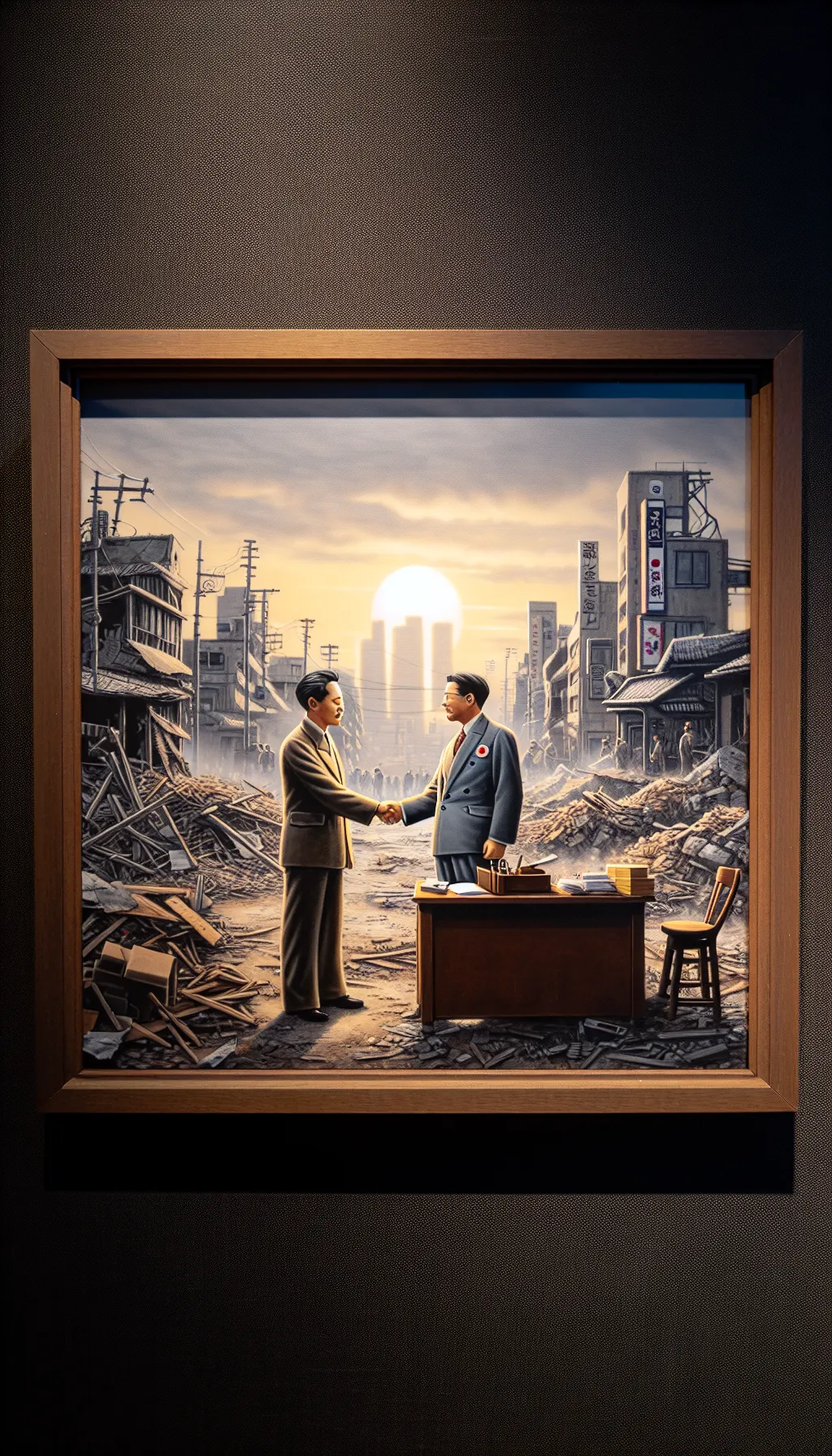Japan – The Birth of a Giant: Sony's Humble Beginnings in 1946
TLDR;
- Founding: On May 9th, 1946, Masaru Ibuka and Akio Morita established the Tokyo Telecommunications Engineering Corporation in post-war Tokyo, which later became Sony in 1958.
- Early Challenges: Despite initial setbacks, including a failed rice cooker, the company focused on audio technology, leading to the development of Japan’s first practical tape recorder, the Type-G.
- Innovations: Sony revolutionized consumer electronics with products like the TR-63 transistor radio, the Walkman, and the PlayStation, becoming a global leader in technology and entertainment.
- Legacy: Sony’s journey from a small startup in a devastated city to a multinational corporation exemplifies the impact of vision and perseverance in the face of adversity.
–
Story
In the aftermath of World War II, as Japan lay in ruins, two visionary engineers, Masaru Ibuka and Akio Morita, dared to dream of a future where technology could rebuild and redefine their nation. On May 9th, 1946, in a war-torn Tokyo, they founded the Tokyo Telecommunications Engineering Corporation, a small company with a big vision.

The world was changing rapidly, and the demand for innovation was insatiable. Ibuka and Morita, armed with little more than determination and a passion for electronics, set out to create products that would not only meet the needs of the time but also push the boundaries of what was possible. Their early experiments, including a failed rice cooker prototype, taught them valuable lessons before they focused on audio technology.
The turning point came when they developed one of Japan’s first practical tape recorders, the Type-G, which laid the foundation for their future innovations. The company, later renamed Sony in 1958, went on to revolutionize consumer electronics with products like the TR-63 transistor radio, the first pocket-sized radio, which became a massive international success.
From the Walkman to the PlayStation, Sony’s relentless pursuit of excellence transformed it into a household name, synonymous with cutting-edge technology and entertainment.
Today, Sony stands as a testament to the power of vision and perseverance, a giant in the world of electronics that began with a simple dream in a devastated city.
–
| Would a different initial product have changed Sony’s trajectory? |